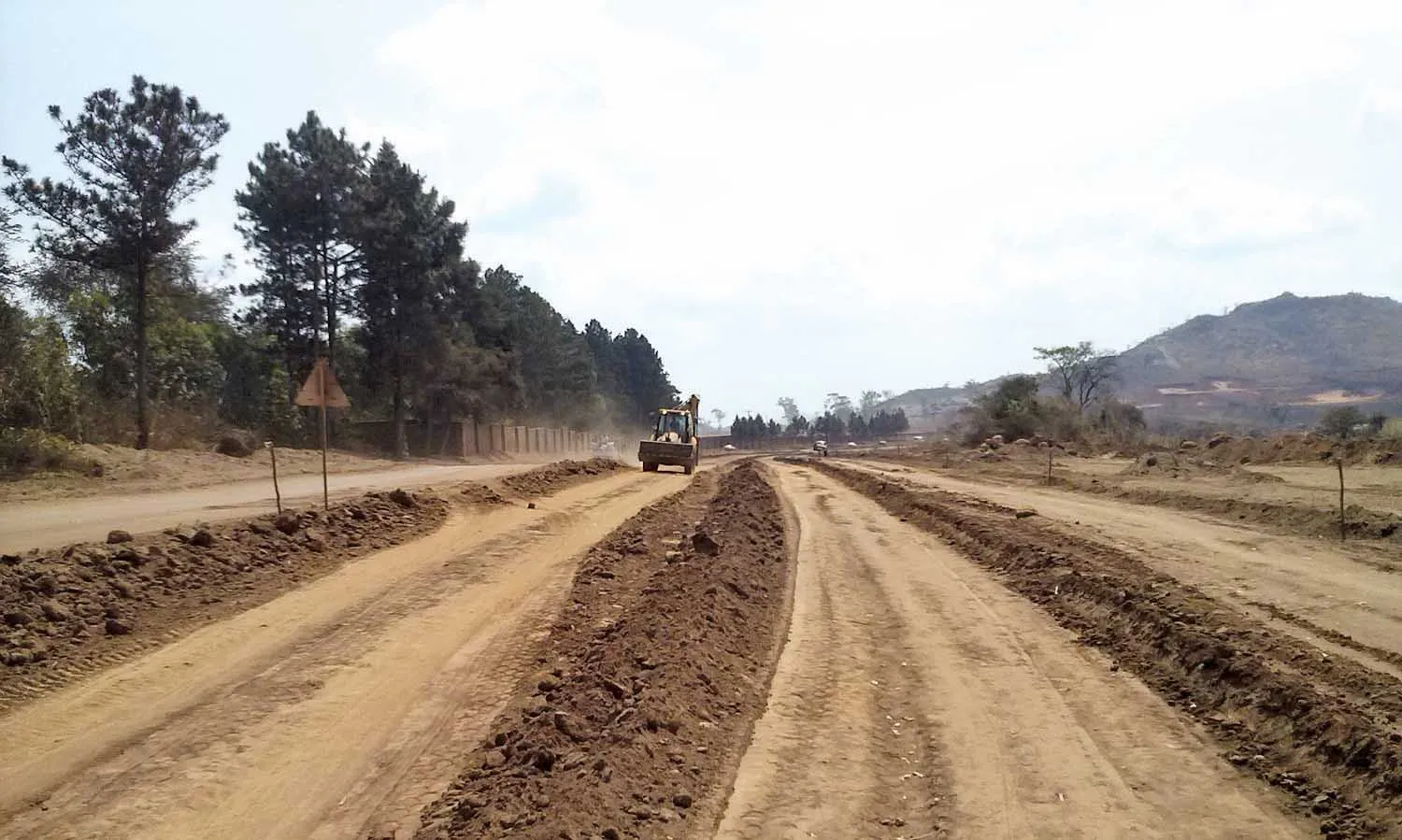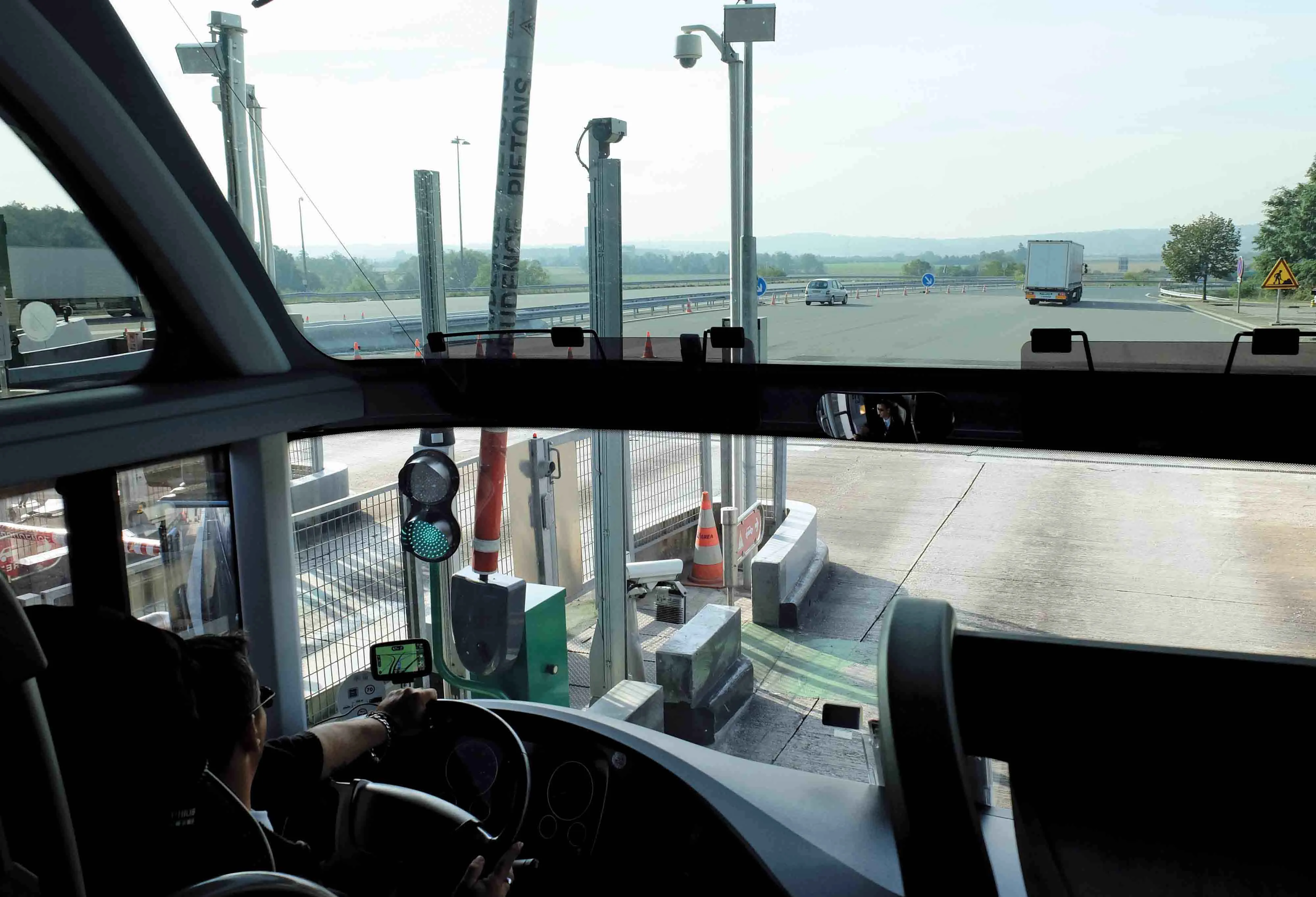New IRF Policy Paper outlines effective automated traffic enforcement PPP models.
In most countries traffic enforcement cameras and other equipment are purchased, owned, and operated by government organisations. The past two decades have seen a wide-ranging wave of privatisations and introduction of public private partnerships (PPP) in formerly government-owned or controlled activities, including traffic enforcement. Implementing this concept requires a set of principles and good practices presented in
November 10, 2015
Read time: 2 mins
New IRF Policy Paper outlines effective automated traffic enforcement PPP models
In most countries traffic enforcement cameras and other equipment are purchased, owned, and operated by government organisations. The past two decades have seen a wide-ranging wave of privatisations and introduction of public private partnerships (PPP) in formerly government-owned or controlled activities, including traffic enforcement. Implementing this concept requires a set of principles and good practices presented in this IRF policy statement.
In a policy statement released by the IRF and available at3918 IRF Washington website, good practice guidelines are shared for effective automated traffic enforcement PPP models around the world. These models require at a minimum a private party willing to supply the cameras at no upfront charge to the public party, which could be a municipality, county, state, or nation, and provide a service to issue tickets and collect fines. In these schemes, the private party agrees to recover its investment over time by receiving a negotiated percentage of the fines revenue with a “capped” or maximum monthly or annual payment to the private party established between the public and private party. This cap should not prevent the private party from issuing tickets after this cap is reached, which means a reasonable per ticket fee only to cover the private party’s additional costs should continue after reaching this cap.
Moreover, an independent third party must be hired to approve, routinely inspect, verify and calibrate each camera and the processes to confirm the intended performances.
Lastly, public acceptance of PPP schemes can be strengthened through campaigns pledging that, once the cost thresholds for all the private parties (camera supplier & operator, third party auditors, etc.) are met, revenues generated from the collection of fines are reinvested in road safety related projects.
In most countries traffic enforcement cameras and other equipment are purchased, owned, and operated by government organisations. The past two decades have seen a wide-ranging wave of privatisations and introduction of public private partnerships (PPP) in formerly government-owned or controlled activities, including traffic enforcement. Implementing this concept requires a set of principles and good practices presented in this IRF policy statement.
In a policy statement released by the IRF and available at
Moreover, an independent third party must be hired to approve, routinely inspect, verify and calibrate each camera and the processes to confirm the intended performances.
Lastly, public acceptance of PPP schemes can be strengthened through campaigns pledging that, once the cost thresholds for all the private parties (camera supplier & operator, third party auditors, etc.) are met, revenues generated from the collection of fines are reinvested in road safety related projects.








